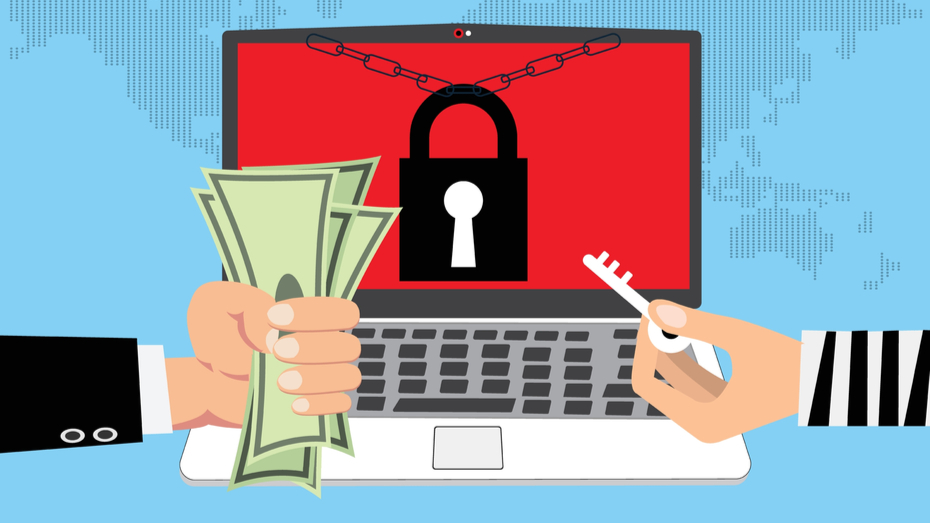In this age of rapid technology development, small businesses are finding that they must depend even more on online platforms and digital tools to run their operations. Although there are many advantages to this digital uprising, these businesses are also more vulnerable to ransomware attacks. According to specialists at Coveware, 82% of ransomware attacks were on small businesses. It is crucial to understand the significance of shielding small businesses from the dangers of ransomware as we navigate the complexity of cybersecurity.
Vulnerability of Small Businesses:
Since small firms have fewer resources and less robust cybersecurity measures, they are seen as easier targets by cybercriminals. They might not have the resources to invest in strong security measures, which leaves them vulnerable to cyberattacks, in contrast to larger organizations. Specifically, ransomware attacks have the ability to completely destroy these businesses by encrypting important information and requesting a fee to unlock it.
Devastating Consequences:
It’s more than just a financial hit. A successful ransomware attack can tarnish the reputation these businesses have built within their communities. It’s a blow to trust, and the aftermath can lead to legal complications. Recovering emotionally and financially from such an incident becomes an uphill battle that many small businesses may struggle to climb.
Economic Impact:
Let’s extend the focus now. Local economies are based primarily on small companies. An attack on one company has an influence on other companies as well as interrupting the supply chain, making it more than just a singular incident. It is not just about small enterprises that need to be protected from ransomware; it is also about maintaining the local economy.
Importance of Cybersecurity Measures:
The first line of protection against ransomware attacks is the implementation of strong cybersecurity measures. Measures like consistent data backups, educating staff members on security best practices, and utilizing reliable antivirus software have to be top priorities for small organizations. Furthermore, the likelihood of becoming a ransomware victim can be considerably decreased by taking a proactive approach to spotting and fixing any vulnerabilities.
Collaborative Efforts:
In cybersecurity, collaboration is essential. Establishing partnerships with government organizations, trade associations, and cybersecurity specialists can be advantageous for small enterprises. These partnerships can offer small businesses insightful information, helpful resources, and support to improve their cybersecurity posture.
Education and Awareness:
In order to reduce the threat posed by ransomware, education is essential. Employees and proprietors of small businesses should keep up with the most recent developments in cybersecurity threats and trends. Frequent training sessions can enable staff members in these firms to identify any cyber attacks and social engineering to act accordingly.
In summary, safeguarding small businesses against ransomware attacks is crucial for maintaining economic stability and resilience and goes beyond corporate responsibility. Promoting and actively aiding in the defense of these businesses should be a top priority for cybersecurity experts. We enhance the overall resilience and safety of the digital ecosystem by strengthening small enterprises’ defenses.
